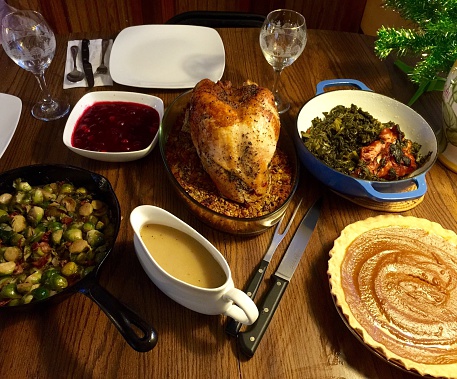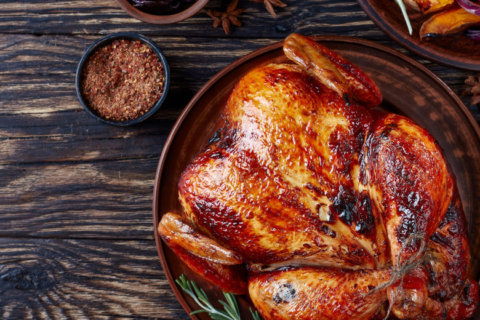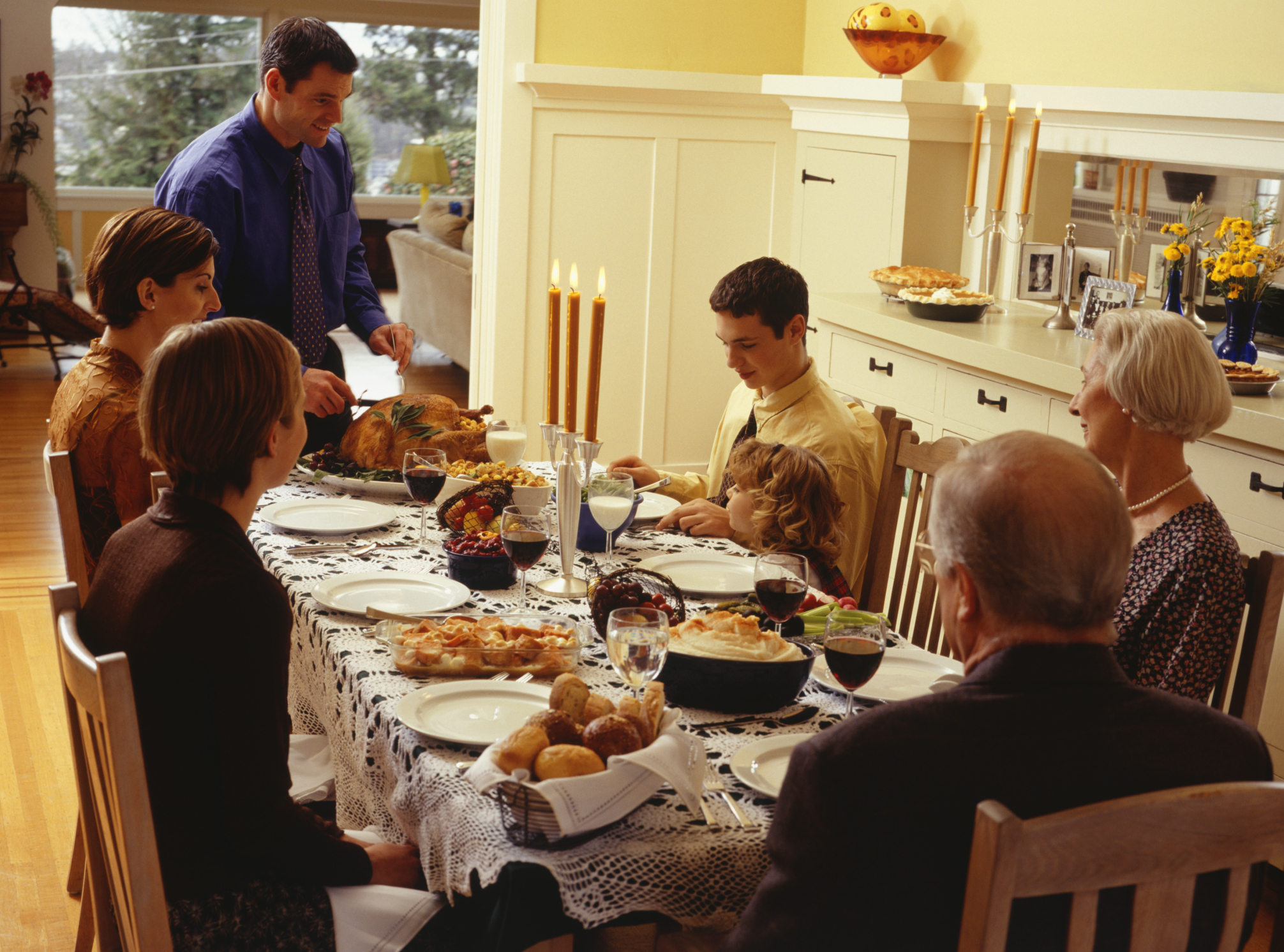WASHINGTON — As a psychotherapist and TV commentator on psychology, I’m often asked to weigh in on the noteworthy topics of the day, and the topic I have been asked to discuss the most is about how to get along with family during the holiday season. This year, the addition of politics into the mix can only increase this family harmony challenge.
In an ideal world, family gatherings during the holidays would look and feel like they are portrayed on commercials: warm, cozy, picturesque and joyous. Don’t we all want to experience the magic of a perfect Norman Rockwell holiday? This image of family togetherness is etched into our social consciousness.
But for many of us, the goal of achieving the perfect holiday moment can be tainted by our own realities. Not that reality has to be a bad thing — it’s just often more flawed than the airbrushed image we’ve come to expect of ourselves and those we love during this time of year.
Sigmund Freud referred to this phenomenon as the “narcissism of small differences.” It’s often the slight differences among people who are otherwise alike that can create feelings of hostility. Freud even used this theory to explain the genesis behind some civil wars — which, after this year’s election, can hit a little too close to home.
Other theorists believe that when we view our family in a poor light, it triggers the concern that they are somehow a negative reflection on us. Knowing that you’re related to someone who thinks so differently than you do can sometimes feel like too much to tolerate.
Then there are the small annoyances that seem to accumulate. Joe Palca, the author of “Annoying: The Science of What Bugs Us,” calls these “social allergens.”
According to Palca, repeated exposure to these “allergens” in a small space can create an accumulative effect, which in turn can cause or trigger major relationship problems.
Limited space, combined with the fact that people are eating more unhealthy food, exercising less and probably not feeling as great about their bodies during this time of year, certainly doesn’t help.
Which brings us to the question: What will help?
- One of the biggest culprits that can sabotage our holiday happiness is the unfair and unrealistic expectation we place on ourselves about how these events should look and feel. When families come together for these celebratory events, magic is not always created — at least in terms of how we like to think about magic.
- Find a way to appreciate the chaos in the family gatherings. Try to reframe these moments; they can make can make life interesting and even prove humorous in the retelling. Look at your family through the eyes of a novelist — it can be creatively enriching and help you to view your more challenging family members as interesting characters to cast in your future novel, play or blog entry.
- Choose to stay above the conflict; there’s a lot to be said for becoming an observer. Make a deliberate commitment to yourself to rise above the fray. Don’t get seduced into an unpleasant or combative conversation.
How to tune it out
What’s the best way to rise above conflict? Try something called divine listening. This type of listening allows you to calmly listen and learn about another person’s perspective and point of view. By letting the other person be heard without interjecting your own internal dialogue or ideas, you can create a healing type of interaction.
When it comes to the topics of politics and religion, feelings rarely — if ever — get changed. It’s helpful to keep in mind your family member is more than just their vote. Try to view them from a larger, more comprehensive perspective.
Go into these gatherings with the right mindset. Embrace the holiday spirit by entering festive events thinking about the good times and focusing on the positive aspects of your family getting together. Then try to see yourself as a positive force during these family moments. This simple mental shift can create a very rewarding a powerful self-fulfilling prophecy, which can lead to happy moments and closer family bonds.
Having said that, it never hurts to have a backup plan. Have a conversation with your partner about how you can support each other if things get a little tense or out of hand. Knowing you have a plan to protect yourself can go a long way.
Families are always going to be perfectly imperfect. The magic often happens in the valleys of these imperfections.
The real secret to enjoying the holiday season with your loved ones is to allow everyone to be who they are. Focus on those you enjoy being with and let the rest fade into the proverbial background. Remind yourself that everyone you know is probably experiencing the same kind of glorious chaos you are; this thought can help to put this unique family time in its proper perspective.
Remember, you are not alone. We are all in this together, so go out there and enjoy the best holiday season ever.
Dr. Robi Ludwig is a licensed psychotherapist and author. Her latest book is “Your Best Age is Now.“







